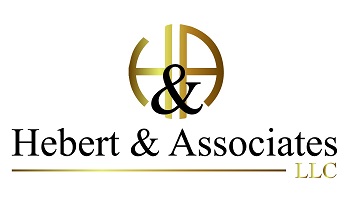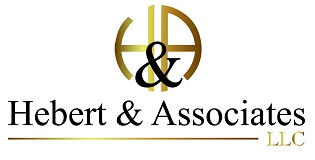NYS Insurance Law
The insurance company may value the building or its contents at an amount that is far lower than the owner believes it to be. When an insurance company and a property owner have a disagreement over the amount of the insurance settlement, help is needed to resolve the differences so the claim can be paid.
Here is the NYS Insurance Law:
NEW YORK INSURANCE LAW Article 26 UNFAIR CLAIM SETTLEMENT PRACTICES; OTHER MISCONDUCT; DISCRIMINATION SECTION 2601.
UNFAIR CLAIM SETTLEMENT PRACTICES; PENALTIES
Any of the following acts by an insurer, if committed without just cause and performed with such frequency as to indicate a general business practice, shall constitute unfair claim settlement practices: No insurer doing business in this state shall engage in unfair claim settlement practices.
(a) Knowingly misrepresenting to claimants pertinent facts or policy provisions relating to coverage’s at issue;
(1) Failing to acknowledge with reasonable promptness pertinent communications as to claims arising under its policies;
(2) Failing to adopt and implement reasonable standards for the prompt investigation of claims arising under its policies;
(3) After receiving a properly executed proof of loss, the insurer shall advise the claimant of acceptance or denial of the claim within thirty working days; not attempting in good faith to effectuate prompt, fair and equitable settlements of claims submitted in which liability has become reasonably clear, except where there is a reasonable basis supported by specific information available for review by the department that the claimant has caused the loss to occur by arson.
(4) compelling policyholders to institute suits to recover amounts due under its policies by offering substantially less than the amounts ultimately recovered in suits brought by them; or
(5) Failing to promptly disclose coverage pursuant to
(6) subsection (d) or subparagraph (A) of paragraph two of subsection (f) of section three thousand four hundred twenty of this chapter.
Evidence as to numbers and types of complaints to the department against an insurer and as to the department’s complaint experience with other insurers writing similar lines of insurance shall be admissible in evidence in any administrative or judicial proceeding under this section or article twenty-four or seventy-four of this chapter, but no insurer shall be deemed in violation of this section solely by reason of the numbers and types of such complaints.
(b) If it is found, after notice and an opportunity to be heard, that an insurer has violated this section, each instance of noncompliance with subsection (a) hereof may be treated as a separate violation of this section for purposes of ordering a monetary penalty pursuant to (c) subsection (b) of section one hundred nine A violation of this section shall not be a misdemeanor. of this chapter.
SECTION 2603 ISSUE OR CIRCULATION OF FALSE LITERATURE
No insurance corporation, or any officer, director or agent thereof, shall issue or circulate, or cause or permit to be issued or circulated, in this state any illustration, circular or statement indicating the corporation can transact in this state any business of a character except that which it is authorized to transact under its certificate of authority issued by the superintendent.
SECTION 2604 FALSE STATEMENTS TO INSURERS
No person shall either (i) willfully make, circulate or transmit to another any statement written, printed or by word of mouth, which is untrue in fact and is directly or by inference derogatory to the financial condition, or affects the solvency or financial standing, of any insurer doing business in this state, or (ii) knowingly counsel, aid, procure or induce another to start, transmit or circulate any such statement


